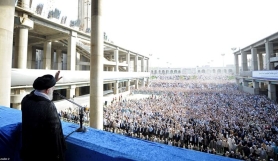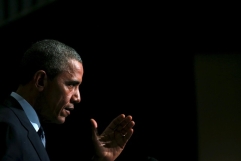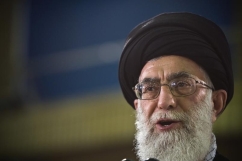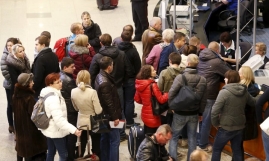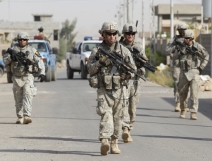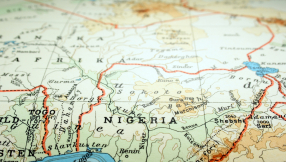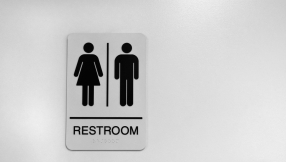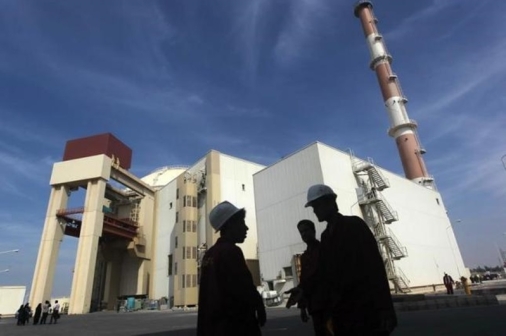
Iran has reportedly stopped dismantling nuclear centrifuges in two uranium enrichment plants due to pressures from the hard-liners who complained that the move was too fast, state media reported, according to Reuters.
Centrifuges spin at supersonic speed to increase the ratio of the fissile isotope in uranium. Low-enriched uranium is used to fuel nuclear power plants but can also provide material for bombs if refined much further, the Business Insider explained.
"The stoppage sends another message to the West about the tenuous state of the forged deal, and dealing a blow to President Obama's assurances of a new Tehran that honours its promises," Reuters said.
Israel, in particular, has warned of Iran's likely treachery over the nuclear deal. But Obama has maintained that the deal he pressed with Iran included several means of ensuring Iran abided its terms, and that sanctions relief would not lead to the country's development of nuclear weapons.
Iran begun shutting down inactive centrifuges at the Natanz and Fordow plants last week in accordance with the deal signed with world powers in July that limits its nuclear programme in exchange for easing sanctions.
But a group of 20 hard-line parliamentarians reportedly complained to President Hassan Rouhani that the shut-down was going forth in a rushed manner, and that they wanted to slow it down, according to Reuters.
"The dismantling process stopped with a warning,'' said Ali Shamkhani, Secretary of the National Council.
He said only decommissioned centrifuges were being dismantled, of which there were about 10,000 at Natanz and Fordow, the Atomic Energy Organisation of Iran said.
Reuters said Shamkhani did not specifiy what he meant by "warning,'' but the head of parliament's nuclear deal commission, Alireza Zakani, told Mehr news agency that dismantling had stopped in Fordow because of the lawmakers' letter to Rouhani.
The hard-liners also mentioned in their letter to Rouhani that the deactivation of centrifuges contradicted the directive of Supreme Leader Ayatollah Ali Khamenei, who has said that the deal should only be implemented once allegations of past military dimensions of its nuclear programme had been settled.
The International Atomic Energy Agency is expected to announce its conclusions on this by Dec. 15.
Conservative lawmakers continue to resist and undermine the deal that was forged by moderates they oppose because they see the move as a capitulation to the West.










